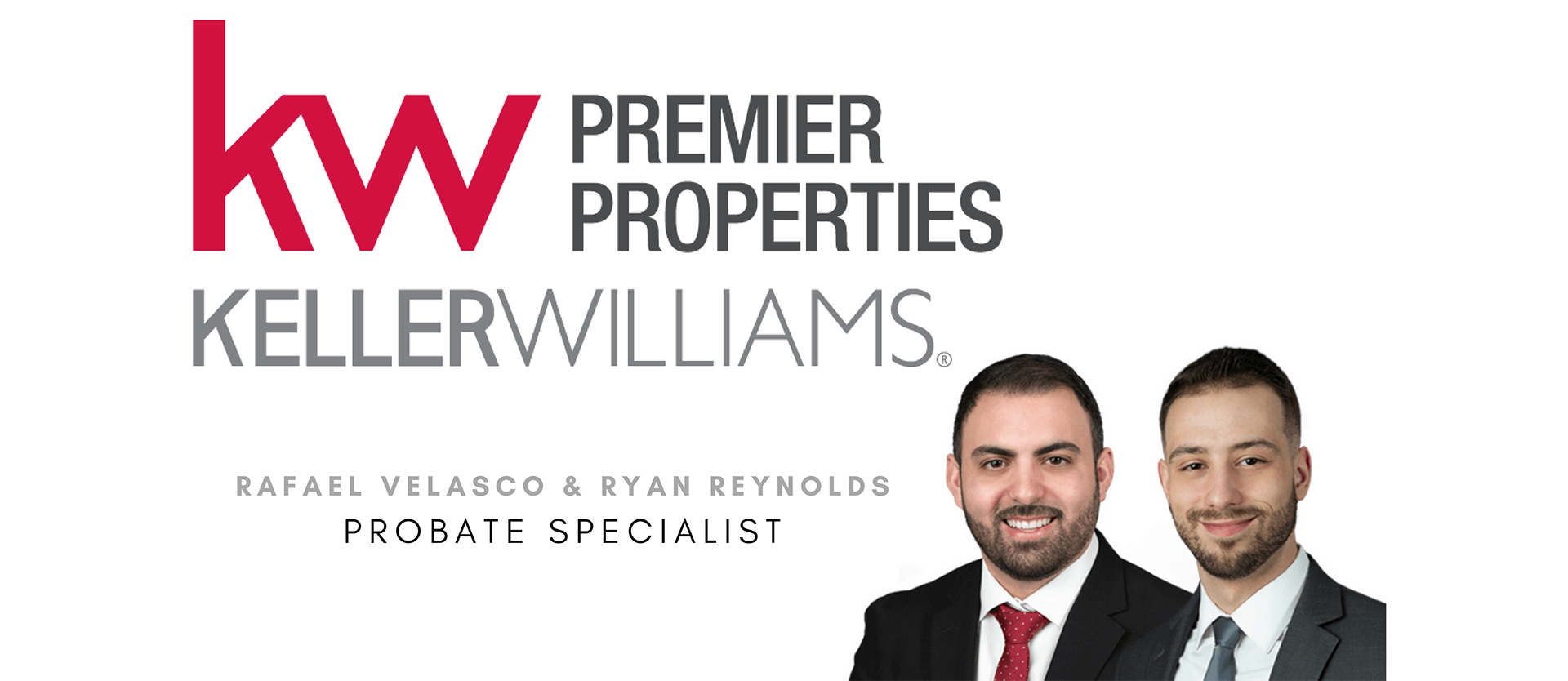In this blog article, we’ll go through what your duties as an executor are. You must handle the estate of a person who has passed away and ensure that it is disbursed according to their instructions. You must also ensure that any assets held in the name of the deceased individual or individuals are safeguarded from creditors and other claimants on behalf of the estate
One of your most important obligations is to act in the beneficiaries best interests at all times. This means you can’t make any decisions for them without their consent, and you must keep them updated on what’s going on with the estate. You are also responsible for submitting estate tax returns and other required documents, as well as filing taxes.
The word “fiduciary” is derived from the English common law. A fiduciary duty holder is one who has been entrusted with the utmost confidence and trust to handle and protect assets or money by another person. Because the executor or administrator is in command of assets and valuables, he or she owes a fiduciary duty.
Your Specific Duties As an Executor
So, what are your responsibilities as an executor? It’s critical to fully understand everything there is to know about fiduciary duty before accepting this job. Every estate is unique, and the executor’s obligations will differ depending on the circumstances.
If you’re in charge of personal belongings belonging to others such as beneficiaries and creditors, you’ll be in charge of items that are very important to people. You will be entrusted with valuables left behind by a person who is no longer there to guide you. Because this opens the door for unscrupulous behavior, the legal system has set up your fiduciary duty to protect the estate from any harm.
The general rule is that you are responsible for safeguarding and managing assets of the deceased individual, which may include:
-Paying bills and outstanding debts
-Investing money and property to generate income or preserve its value
-Making distributions to beneficiaries as directed by will or state
So what is Fiduciary Duty?
What is a fiduciary duty, and why does it matter? Fiduciary duty refers to the obligation that you must act in the best interests of the estate as opposed to your own. In other words, you have a lot of power and responsibility, and you should always make decisions that are in the best interests of all beneficiaries. Let’s take a closer look at what this means in practice.
Care. Simply put, it refers to taking care of another person rather than oneself. It’s likely that you’ll benefit from the estate as well, but a simple method to keep track of this is to consider yourself a non-biased third party with management obligations.
Obedience. Obey the will, the law, and legal instructions. There’s no need to create disharmony for yourself or others. Obedience to the will, the law, and legal commands make your responsibilities easier.
Loyalty. Examine who you’re representing. If you were named executor in a will, the deceased trusted and believed in you, including all their belongings. You were seen as the most honest, ethical, and loyal individual nearest to them by them. Remember to keep the deceased’s wishes in mind while carrying out their will as closely as feasible.
Disinterestedness. Keep your interests separate from the estate’s, especially if there is a conflict of interest between them. You might be tempted to give yourself more than what you’re entitled to under the will or state law, but this could create additional problems with beneficiaries and other people who are owed something by the estate.
Impartiality. When making decisions, you must consider the interests of all beneficiaries equally while giving preference to those who are most vulnerable and dependent on this money/assets.
Accounting & Record Keeping
Accounting & Record Keeping: Once your tasks have been completed, it’s important that you file an accounting report with the probate court or register a document called “final account” in some states. This is proof that you’re not withholding money from the estate and will be available for examination by beneficiaries and creditors when necessary.
As executor, your fiduciary duty means you must always act in a trustworthy manner with all of the power to manage assets or property belonging to others such as heirs, business partners, employees, etc.
Security: If you have possession of the valuables, you are responsible for their security. It is your responsibility to safeguard all of the estates’ belongings. You are accountable for keeping them safe and throughout the procedure. The court and other heirs hold you accountable.
Many professionals have similar duties. You may be wondering who else has these same responsibilities if you’ve never heard the term. Many professionals hold this duty. Administrators, trustees of trusts, your probate attorney, and real estate experts like myself are just a few examples.
